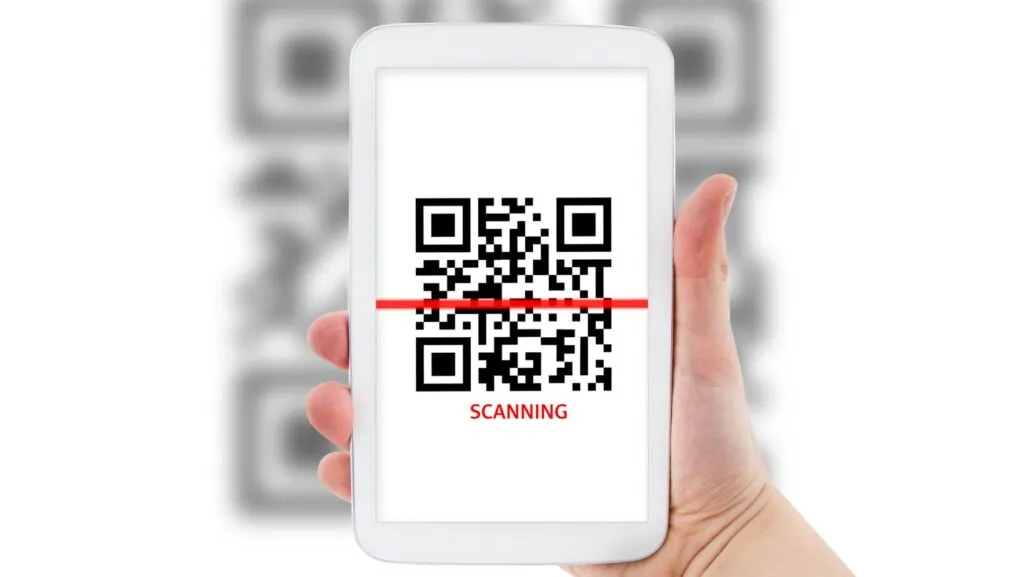Table of Contents
ToggleWhen it comes to buying or selling a home, the term “escrow disbursement” might sound like a spell from a wizarding world. But fear not—it’s simply the process that ensures everyone gets their fair share of the pie without any magical mishaps. In the real estate realm, escrow acts as the impartial referee, holding funds and documents until all parties play nice and meet their obligations.
Understanding Escrow Disbursement
Escrow disbursement plays a vital role in real estate transactions. This process guarantees funds and documents are distributed fairly among all parties involved.
What Is Escrow Disbursement?
Escrow disbursement refers to the allocation of funds held in escrow accounts during a real estate transaction. An escrow agent manages these funds, ensuring that buyers, sellers, and other stakeholders receive their due payments once all terms of the agreement are fulfilled. Examples include earnest money deposits, closing costs, and real estate agent commissions. This method prevents disputes and protects the interests of all parties involved.
How Does It Work?
Escrow disbursement operates through a series of defined steps. Initially, buyers deposit funds into an escrow account managed by a neutral third party. Next, upon meeting all contractual obligations, the escrow agent releases these funds according to the terms outlined in the purchase agreement. Often, disbursements happen at the closing table. The process ensures transparency and security for all involved parties, minimizing risks associated with financial transactions in real estate.
Benefits of Escrow Disbursement
Escrow disbursement provides several key advantages, significantly enhancing the reliability and security of real estate transactions.
Security for Both Parties
Security remains a top benefit of escrow disbursement. An impartial escrow agent manages funds, ensuring neither party has direct access until all contractual obligations are fulfilled. This setup protects buyers from losing funds without receiving their property and guarantees sellers receive payments upon completion. Trust is reinforced by this transparent process, which minimizes the risk of scams and miscommunications. Additionally, the presence of a neutral party keeps negotiations balanced, helping maintain a fair environment for both buyers and sellers throughout the transaction.
Simplifying Complex Transactions
Escrow disbursement simplifies complex transactions, making them easier to navigate. By centralizing the handling of funds, parties can focus on fulfilling their obligations without worrying about financial logistics. This streamlined process aids in meeting deadlines efficiently, as the escrow agent coordinates all necessary disbursements. Many transactions involve multiple parties, such as real estate agents or service providers; escrow disbursement ensures everyone receives payment as agreed. Overall, this clarity facilitates smoother processes and reduces the chances of disputes, resulting in a more seamless real estate experience.
Common Uses of Escrow Disbursement
Escrow disbursement plays a significant role in various financial transactions, ensuring security and reliability. It serves multiple purposes across different sectors.
Real Estate Transactions
In real estate transactions, escrow disbursement ensures that funds are exchanged securely between buyers and sellers. Buyers deposit earnest money into an escrow account, which an agent manages until completion. Once all contract terms are fulfilled, the agent disburses funds to the seller at closing. This arrangement protects the buyer’s interests, as they avoid losing money without receiving the property. Additionally, sellers benefit by ensuring payment is secured upon the deal’s completion. Transparency during this process fosters trust among all parties, contributing to a smoother transaction.
Online Sales and Services
Online sales often leverage escrow disbursement to protect buyers and sellers in e-commerce transactions. When purchasing goods or services, buyers can place funds in an escrow account managed by a third party. The release of these funds occurs only after the buyer confirms receipt of the purchased item or service, thus minimizing disputes. Sellers gain assurance that payment awaits them once they fulfill their obligations. This system enhances buyer confidence, encouraging participation in online marketplaces. Secure escrow arrangements also deter fraudulent activities, contributing to a more trustworthy e-commerce environment.
Potential Challenges of Escrow Disbursement
Escrow disbursement, while protective, also presents challenges that can complicate transactions.
Delays in Release of Funds
Delayed fund releases can frustrate all parties involved. Factors contributing to these delays include incomplete documentation, issues with title reports, or unmet contractual obligations. Escrow agents depend on clear communication and timely actions from buyers and sellers to ensure efficient processing. When one party doesn’t fulfill their obligations promptly, it hinders the entire process. Deadlines may extend, increasing uncertainty and dissatisfaction among participants. Buyers relying on funds for repairs or moving may face inconvenience, while sellers may experience cash flow disruptions.
Miscommunications and Errors
Miscommunications and errors can create significant obstacles during the escrow disbursement process. Misunderstandings regarding terms or conditions may arise from unclear contract language or assumptions. When parties don’t communicate effectively, mistakes can lead to the release of funds at inappropriate times. For instance, a seller might expect payment upon inspection only to encounter confusion about the agreed milestones. This misalignment can result in disputes and fragile relationships between parties. Addressing potential miscommunications early and ensuring all details are clearly documented helps mitigate these risks.
Conclusion
Escrow disbursement plays a vital role in ensuring smooth and secure real estate transactions. By acting as an impartial third party, it safeguards the interests of buyers and sellers alike. This process not only enhances trust but also simplifies financial logistics, allowing all parties to focus on fulfilling their obligations.
While challenges can arise, effective communication and clear documentation can help mitigate potential issues. Embracing the escrow system leads to a more reliable and efficient transaction experience, fostering confidence in both real estate dealings and other financial exchanges. Understanding escrow disbursement is essential for anyone involved in real estate, as it lays the groundwork for successful and hassle-free transactions.





